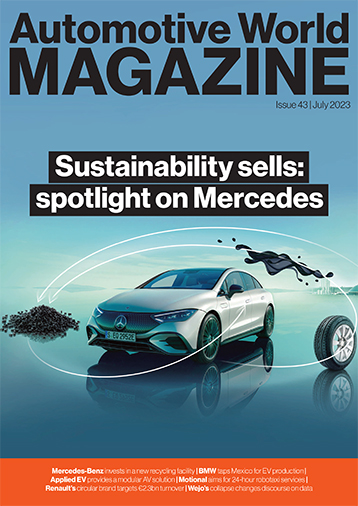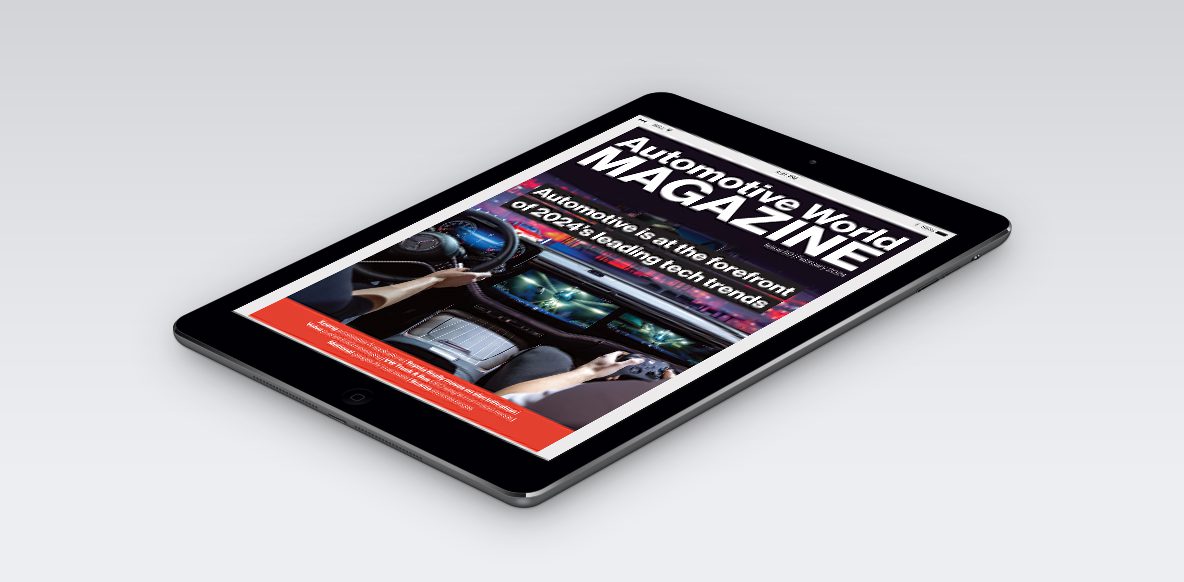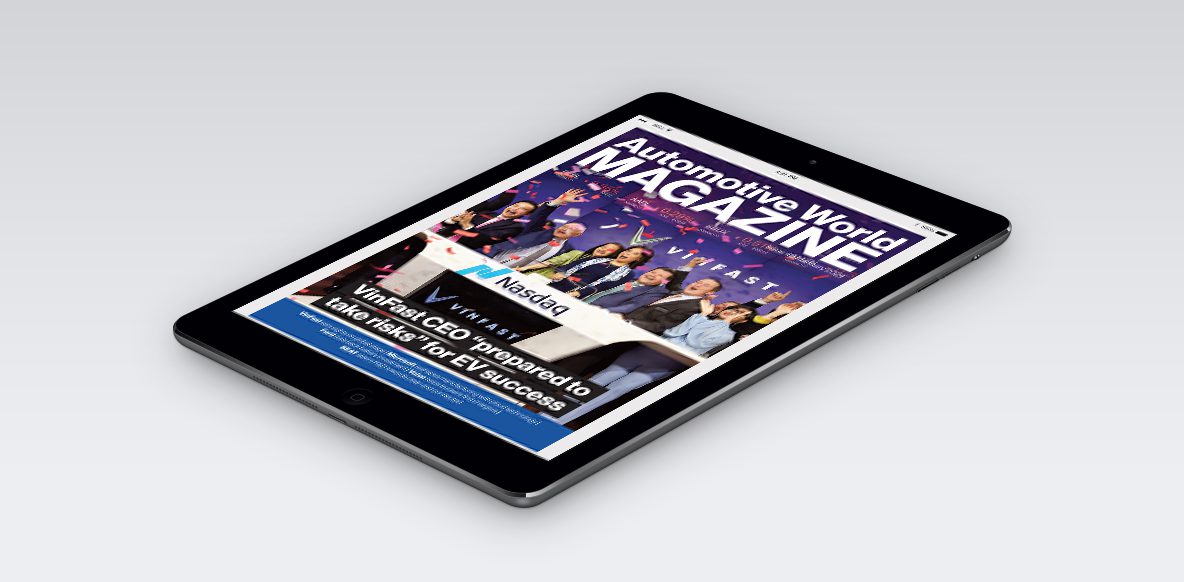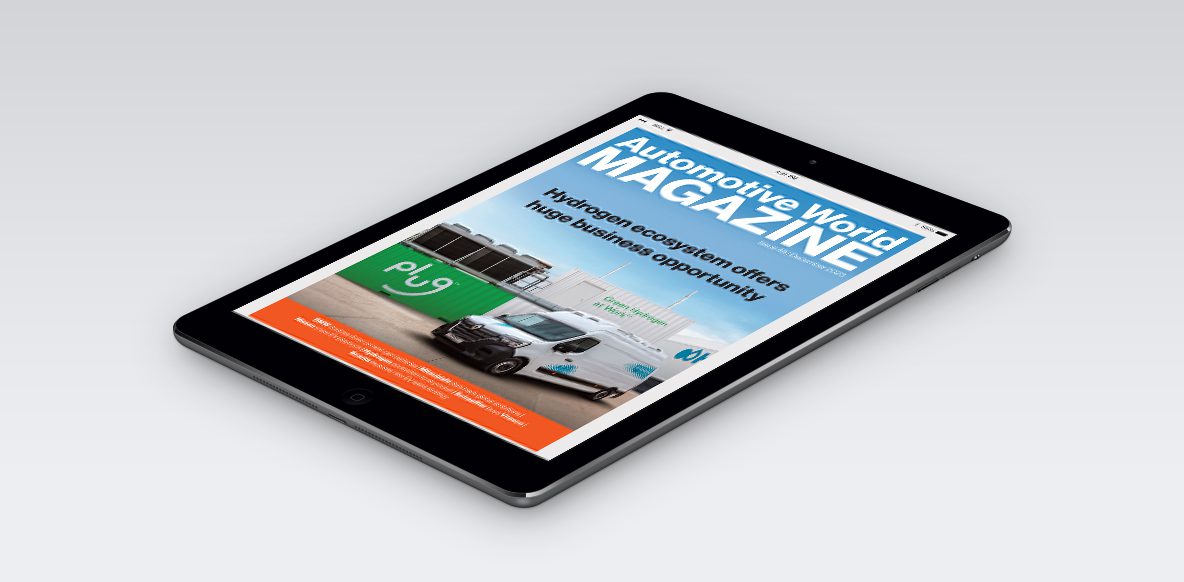This month’s stories illustrate that the automotive industry is undergoing one of the most challenging periods in its history. The US’ electrification timeline is complicated by the enduring relevance of the internal combustion engine, global supply chain turbulence persists, and the collapse of GM-backed Wejo highlights that connected vehicle data is not inherently the new oil.
However, sustainability has never been a higher priority. Mercedes-Benz is convinced that there is a strong business case for integrating the circular economy, prompting the development of a dedicated battery recycling facility in Kuppenheim, Germany. Renault is exploring a similar approach: Philippe Bahuaud, Chief Executive of the automaker’s The Future is Neutral brand, is aiming to achieve a turnover of €2.3bn by 2030 through circularity. Meanwhile, BMW’s quest to transition half of its global production to battery electric by the start of the next decade is taking it to Mexico, where its sunny San Luis Potosi facility is set to drive battery production using 100% solar power.
In this issue:
- Sustainability sells: spotlight on Mercedes
- Daimler taps post-scandal Hino in scale pursuit
- Low carbon concerns extend to websites
- Where does Mexico fit in BMW’s EV vision?
- The modular Blanc Robot: a recipe for commercial AV success?
- Solar tonneau covers could lower grid dependency for pick-ups
- Night-time operations are essential for robotaxis’ future
- Industry turbulence: how can automakers weather the storm?
- ‘When’ and ‘how’ of truck electrification hotly debated
- Canada wins EV production with green energy, skilled workers
- What’s holding back circularity in the tyre industry?
- Will co-creation hubs accelerate tech innovation?
- What does Wejo’s collapse mean for vehicle data brokerage?
- Renault’s circular economy brand targets €2.3bn turnover
- The death of the internal combustion engine has been delayed



